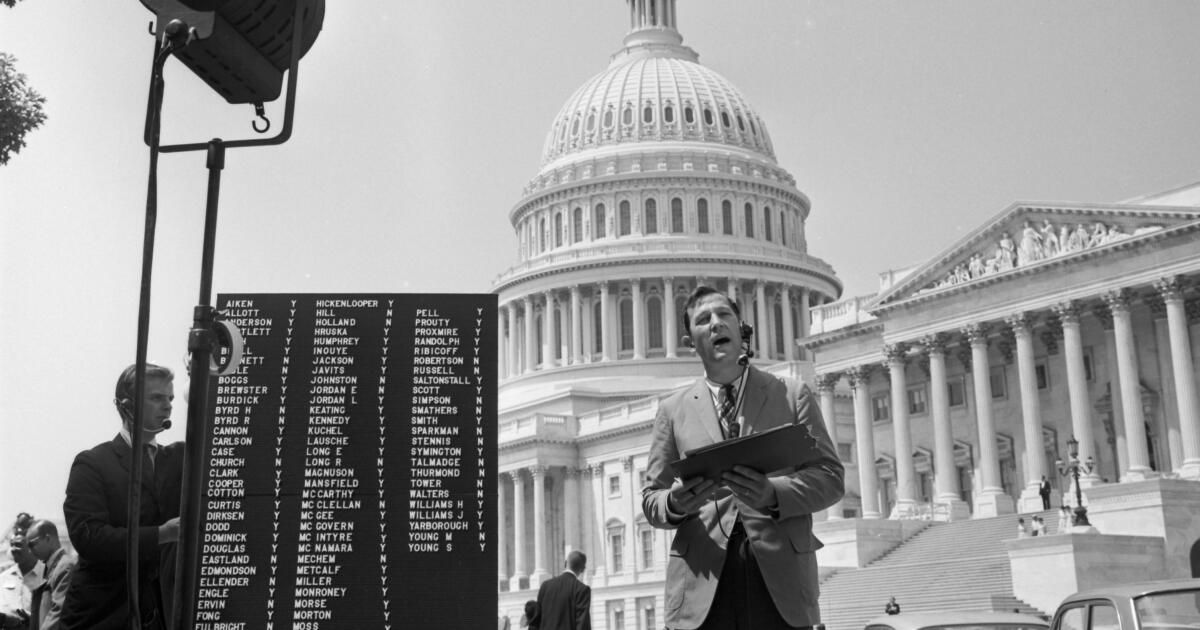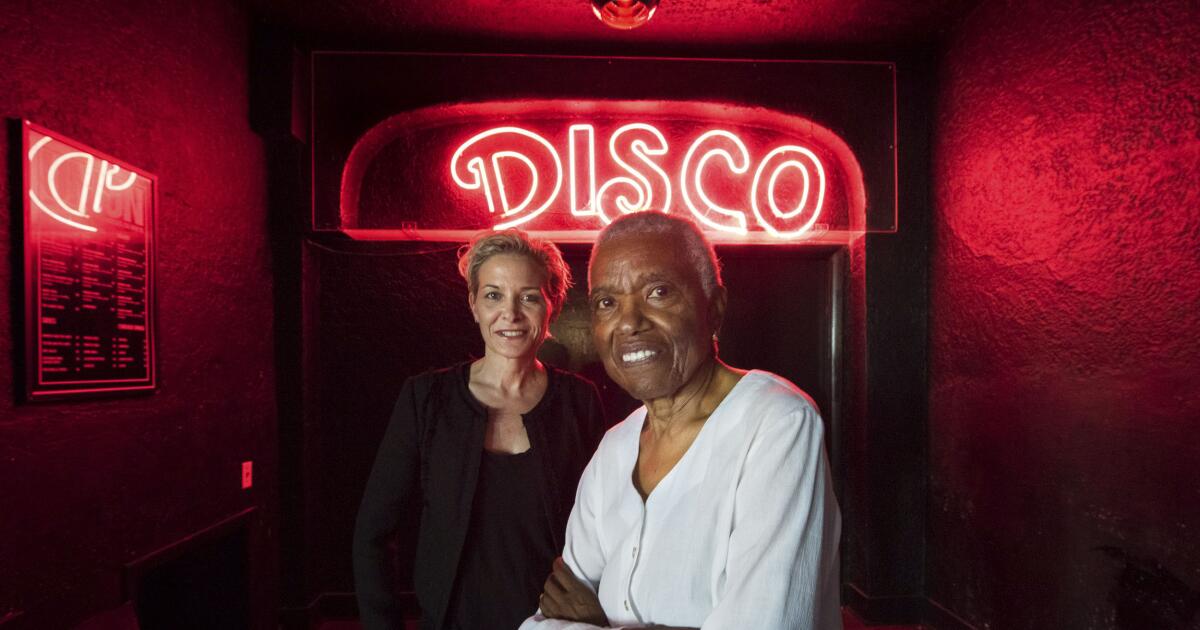John Adams, American patriot and the nation's second president, believed that Independence Day should be celebrated annually, not on July 4, but on the 2nd.
He was off by a couple of days, but he was right. It was July 2, 1776, that Congress declared independence from Great Britain. It’s just that it took a little longer to adopt the Declaration of Independence, drafted by Thomas Jefferson with modifications and contributions from Adams and Benjamin Franklin. So while we now celebrate independence the way Adams told his wife, Abigail, we would, with “pomp and parade, with [shows]“Games, sports, guns, bells, bonfires and illuminations from one end of this continent to the other” — we do it on the Fourth of July.
Yet July 2 occupies a prominent place in our national history, not only for what the founders did nearly a quarter-millennium ago, but for the sacrifices made by more recent patriots during the lifetimes of millions of Americans still living.
The Declaration, the Constitution, the Bill of Rights, and numerous civil rights laws were more aspirations than realities for a significant portion of the population until July 2, 1964.
That is the day President Lyndon B. Johnson signed the Civil Rights Act of 1964.
That's when states were prohibited from enforcing voter registration rules differently based on race, and American freedom became available to millions of citizens looking to rent a motel room, eat at a restaurant, see a movie, ride the bus, attend school or even use a bathroom.
It was only then that the nation's law began to live up to its creed: liberty and justice for all. Freedom Summer was as integral to American history as the Revolution.
Resistance, especially in the South, was violent. The previous year had seen a church bombing, lynchings of voter registration volunteers, children injured by fire hoses and bites by police dogs. There were calls to conscience from the Rev. Martin Luther King Jr. and other civil rights leaders and frontline workers, a March on Washington, and all the pressure those events put on Congress after the assassination of President Kennedy, who had proposed the Civil Rights Act. After the House passed it in February, the Senate haggled for months before finally sending it to Johnson.
And yet, the job was not done. States continued to disenfranchise black voters through selective literacy tests, racially discriminatory redistricting, harassment and intimidation. More demonstrations and violence fueled the successful campaign to pass the Voting Rights Act of 1965.
Eighty-seven years after Congress declared independence, Abraham Lincoln called for a “new birth of liberty,” and Congress and the states responded with constitutional amendments that ended slavery and promised equal protection and voting rights for all male citizens. But the freedom-resistant Supreme Court struck down the Civil Rights Act of 1875, and the amendments remained largely unenforced until Johnson signed the 1964 law.
The many revivals of liberty offer at least two important lessons. One is that liberty and justice are by nature works of perpetual evolution. Members of the Second Continental Congress were content to free themselves from Britain, and removed from Jefferson the slaveholder’s draft declaration the complaint that King George III permitted slavery, “a cruel war upon nature herself.” Abigail Adams wrote to her husband that unless women were granted equal rights, “we are resolved to foment a rebellion, and will not feel ourselves bound by any law in which we have no voice or representation.”
But the emancipation of women and former slaves took nearly two more centuries. So did the right to choose how to love and whom to marry, and countless other freedoms. And we're not done yet.
The second lesson is that hard-won freedoms are not self-sufficient and must withstand constant pushback. In 2013, the Supreme Court struck down a major part of the 1965 Voting Rights Act in Shelby County v. Holder, and many states are continuing their insidious moves to disenfranchise voters. Conservatives are pointing to important Supreme Court precedents from 1964 that uphold the principle that every American’s vote counts equally. We’ve already seen the rollback of women’s rights to control their own bodies. Other ominous attacks on liberty lie ahead.
In their later years, Adams and Jefferson, colleagues who later became enemies, recombined their friendship and wrote to each other often about the nation they helped create, but they spoke little about slavery. Both died on what came to be recognized as the nation’s 50th birthday — July 4, 1826, not the 2nd — leaving the task of perfecting liberty and making it a reality for all Americans to the generations of Lincoln, King and us today. July 2 is a good day to remember that unfinished and perpetual task.
Then, on the fourth day, the parade.












